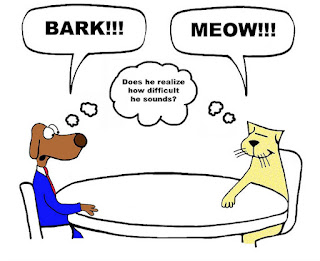Friends have described insights they have received from journaling or developing an Attitude of Gratitude. (I've fallen in and out of my own journal writing -- and am currently taking a breather!). Other friends have described their supervisory goal of "catching employees doing good." (I tried this as a supervisor and enjoyed seeing the surprise and smiles on employees' faces when they were recognized for their ideas and accomplishments.)
Just recently I read about a group of friends who committed themselves -- as a group -- to a Goodness Challenge. That is, at the end of each day they individually documented the goodness they saw or experienced that day. Then, they met at a restaurant each weekend and shared what they had encountered and written.
 |
| How often does "Goodness Begin with You"? (Photo credit: Accident Fee Workplace Sign - Cousign) |
There are so many ways that we can focus on goodness and gratitude: what is working versus what is not; what people are doing right versus when something goes amiss; and what is sacred and holy about the people around us versus what is wrong.
In this season of Giving Thanks, we are challenged to:
- Appreciate people for who they are.
- Recognize their efforts and accomplishments.
- Inspire goodness and great things from one another.
 |
| Do you reach out in a spirit of welcoming and trust? (Photo credit: 5 Characteristics to Identify the Goodness in People - Inc.) |
Our actions may start with a smile, a warm greeting, a handshake, or a hug. Then, the challenge is to let our critical minds relax for a few hours, focus on the goodness of that person, and enjoy their presence in our lives.
Goodness also comes in a Make-a-Wish mindset: that is, listening to the wants, needs, and dreams of another person... and surprising that person with an unexpected gift of friendship and generosity.
 |
|
When do you smile and with whom? (Photo credit: Mother Teresa - Picture Disc & Books) |
If you need a few examples -- or need an uplifting moment at the end of a rough day, search YouTube for "Secret Santa East Idaho News" or Ellen Degeneres' "Military Surprise" and "Teacher Surprise" for ways that people are recognized. We may not have millions to give away, but any way that we can gift people with our presence (time), recognition (focus), and kindness (attitude of goodness) will help us reframe how we see and experience this world.
Our challenge this holiday and holy season is to See Goodness! Are you ready?!
 |
| Larry Gardepie (click on link for website) |








